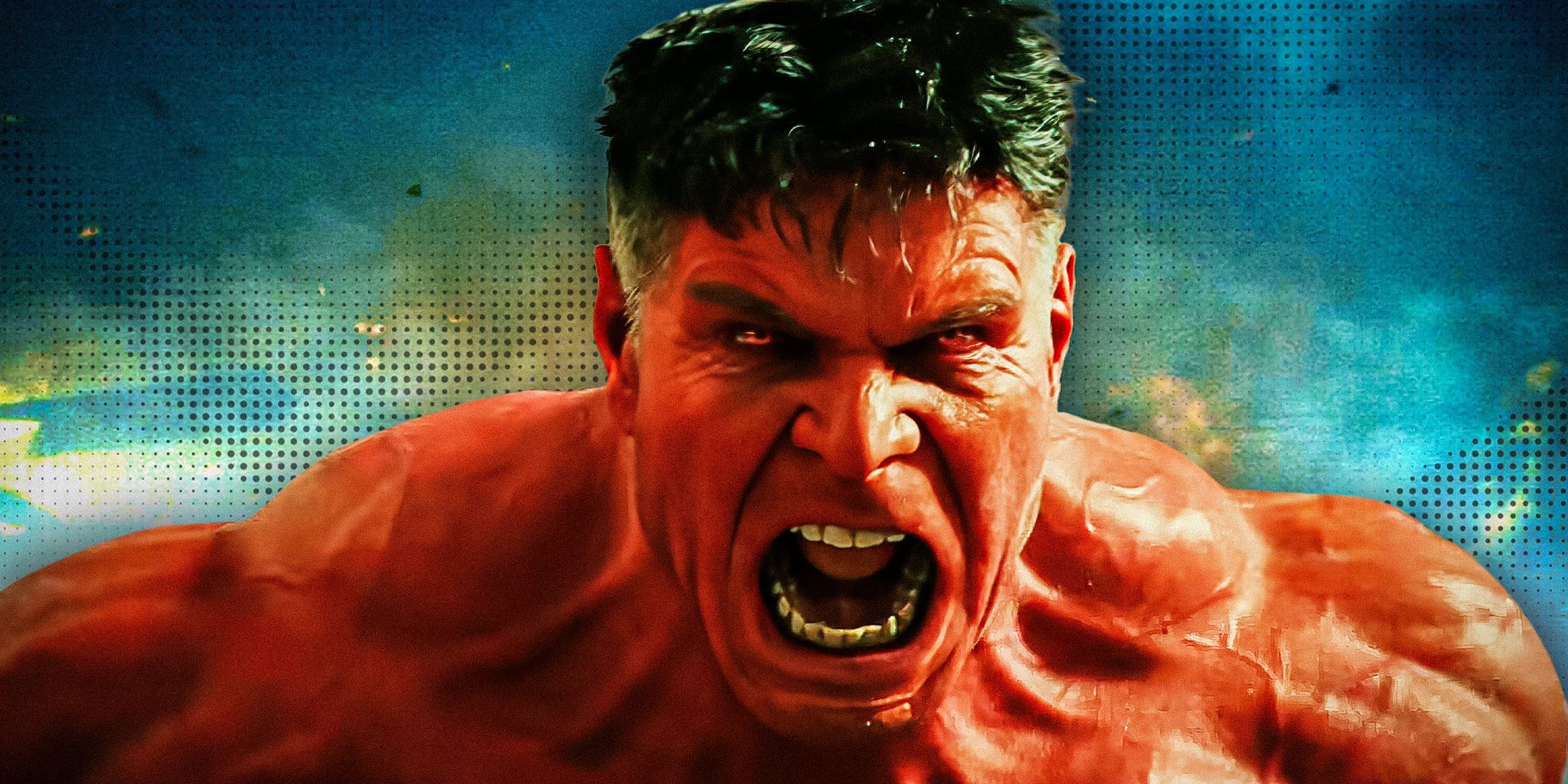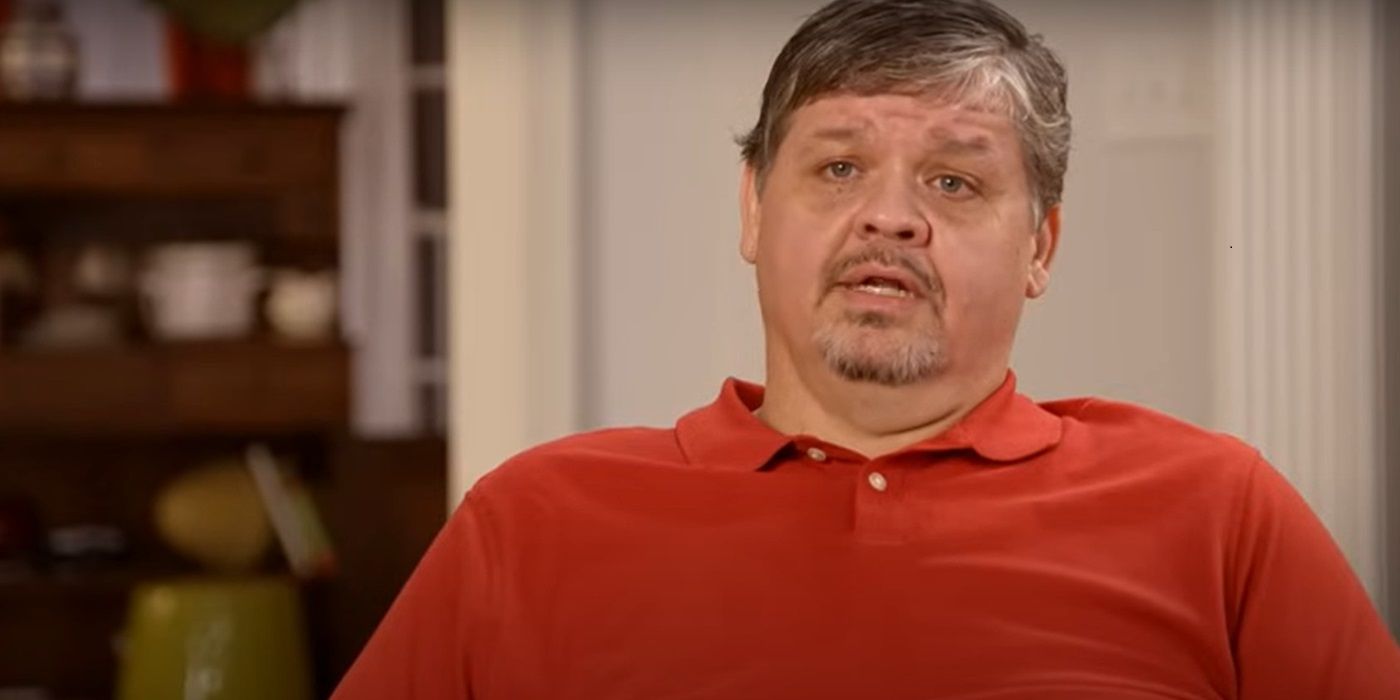Few movies from 2024 have attracted as much acclaim, speculation, and analysis as The Brutalist, a 215-minute masterpiece by director Brady Corbet. Set throughout the 20th century, The Brutalist centers on the brilliant architect and Holocaust survivor László Tóth (Adrien Brody), who immigrates to America, and ultimately finds himself working for the domineering industrialist Harrison Lee Van Buren (Guy Pearce). Although László is eventually able to reunite with both his wife, Erzsébet (Felicity Jones), and niece, Zsófia (Raffey Cassidy), he grows increasingly agitated about how Harrison has hijacked his tragedy. The Brutalist ends with a jump in time that recontextualizes many of the film’s key relationships.
'The Brutalist' Includes an Essential Epilogue
The Brutalist has an intermission that divides the film into two distinct acts, with an epilogue titled “The First Architecture Biennale” following the end of the second act, titled “The Hard Core of Beauty.” At the end of the second act, László had grown increasingly agitated and dispirited after Harrison sexually assaulted him; after he accidentally revealed this to Erzsébet while in a heroin-induced panic, she publicly accuses Harrison of being a rapist in front of his family. The epilogue takes place in 1980, when László is being honored with a retrospective of his work in Venice. Although it is revealed that Erzsébet has died, Zsófia presents that gala by relating her uncle’s artwork to his experiences in the Holocaust at the end of World War II. However, László is physically immobile at this point in his advanced age, and does not have the ability to speak for himself.
Zsófia claims to be honoring her uncle by repeating the phrase “No matter what the others try and sell you, it is the destination, not the journey,” which he told her when she was younger. However, this was a statement that László made when he was trying to justify the work that he did for Harrison, despite his uneasiness about how the genocide of his people was framed. It is made clear to László that the “journey” that he had once dismissed is quite important; in the midst of trying to build a new life for himself and his family in America, László was subjected to extensive abuse. The Brutalist does not suggest that the creation of art itself will heal the wounds of the past, as this would suggest that the horrors that they suffered were all in vain. The film has shown that László’s work has consistently been hijacked by those who want to frame his tragedy for their own means, which makes it hard for him to retain the integrity of his artistry. It is deeply ironic that László is now being presented with a monument to his work in which someone else is speaking for him, denying him again the chance to explain his interpretation.
Van Buren's whereabouts are never confirmed, as he goes missing after being accused of assaulting László, and disappears within the center. However, it is evident that at that moment, Van Buren couldn't comprehend a situation where he did not hold power over the man he employed. He had nearly shut down the construction of the structure after it became very expensive and a train carrying materials had been derailed, and had raped László when they were acquiring marble from Carrara. Although Van Buren had envisioned the community center and surrounding areas as a tribute to his late mother, he did not understand that it was László had used it as a way of honoring the survivors of the Holocaust, and had even added a secret passage that no one else was aware of. Perhaps, Van Buren recognized that despite the tremendous pain that he had inflicted upon László, the center itself would end up outliving both of them. Van Buren had made enough crude remarks about Zsófia to inspire her to leave America, but László remained in the country to make the most of his experience.
'The Brutalist' Criticizes the ”American Dream”
It is unclear exactly how László feels about his legacy at the end of film, or how Zsófia has framed his life’s story. All that is known about their relationship up until this point is that Zsófia and her husband moved to Jerusalem, despite László’s wishes that they stay with him in America. This could suggest that Zsófia’s desire for capitalistic autonomy is a betrayal of László, who has become too terrified to ever impress meaning upon his creation because of how tormented he has been by the pillars of capitalism. Zsófia has, either deliberately or inadvertently, misinterpreted him by believing that the journey is less important than the destination, even though the “journey” of working for Harrison left him abused and powerless.
The final needle drop in The Brutalist is an ironic one, as the song “One for You, One for Me” suggests that all artists are awarded a personal project after years of appeasing capitalistic intentions. However, László is never awarded “one for me,” because of how capitalism never caps off someone’s desire for power; Harrison has stripped László of his heritage through abuse, and Zsófia disputed his intentions by choosing to restart her life in Israel. Ultimately, The Brutalist shows that “greatness” does not mean “justice.” László will certainly be remembered for what he accomplished, but not for who he was, or what he believed in.
The Brutalist is in theaters now.

The Brutalist follows visionary architect László Toth and his wife Erzsébet as they flee Europe, aiming to rebuild their legacy in modern America. Their journey takes an unexpected turn when a mysterious and wealthy client alters the course of their lives, intertwining ambition with the challenges of a new world.
Release Date December 20, 2024
Director Brady Corbet
Runtime 215 Minutes









 English (US) ·
English (US) ·